Feature
Pubs, Purcell and Proms: Bjarte Eike’s new take on Early Music
Share this

BY SIMON MUNDY | FIRST PUBLISHED 27 JUL 2025
The motto of the Norwegian group Barokksolistene is ‘it’s just old pop music’, and it shows how far the Early Music movement has come from the days of hyper-academic musical authenticity. Violinist Bjarte Eike and his group treat the music of the 17th and early 18th centuries as source material that can be re-arranged and exploited to create energetic entertainments that are true to our times as well as to their origins.
In many ways this is just as ‘authentic’, because in London especially the musicians moved seamlessly between the Chapel Royal Westminster Abbey, the theatres further down river, and their nearby pubs. I once did a New Year’s Eve broadcast from The Westminster Arms, where – we are reasonably certain – Purcell was a regular, even if the building has changed. Among the pubs still standing, where his glees and catches probably went down well, are the Seven Stars in Carey Street, close to Lincoln’s Inn Field, and The Lamb and Flag in Rose Street, Covent Garden; the latter very rough in those days, as John Dryden found out painfully when he was attacked and ‘nearly done to death by rogues hired by the Earl of Rochester’ outside it.

As well as the ‘old pop’, there is plenty of the highest of high art, but Bjarte does not believe the distinction has to be as clear as it has become in our divided age. As has been noted for a long time, Purcell was the Gershwin of his time, with his songs being popular on the streets of London just as his odes were loved at court. Bjarte draws a different comparison though. ‘He really is the Shakespeare of music. He can go from the highest level to the crudest with sudden changes. It was something Handel couldn’t do.’
Over this summer, Barokksolistene will be exploring both sides of Purcell and his ability to mix the serious with the profane to the full; and not just Purcell, either. Their Alehouse Sessions create medleys according to context. So on the bandstand in Princes Street Gardens below the castle at the Edinburgh Festival (4pm, 4 Aug) they will be joined by Donald Shaw, part of the Scottish folk band Capercaillie, for a Ceilidh Session. ‘We did them last year so it’s ever evolving. We meet half an hour before the show, and I tell the musicians the programme. It’s like a tree rooted in Early Music: the trunk is my musicians, but the branches can grow out in many directions.'
Bjarte Eike & Barokksolistene | Introducing the Alehouse Sessions
Perhaps the Edinburgh time should be nearer midnight, for a true ceilidh atmosphere, and nearer a source of whisky. A different session with the same spirit (the music, not the whisky) can be sampled when they take part in the all-night Prom at Royal Albert Hall starting at 11pm on 8 Aug. Bjarte says: ‘We did the Edinburgh International Festival last year with our Alehouse Sessions – the Ceilidh Sessions is something they have commissioned. They wanted to set up the world’s largest ceilidh. At both this concert, and the following ones at Snape Maltings on 6 Aug and at the BBC Proms on 8 Aug, we have brought with us two Norwegian dancers from a dance company called Mamelukk, so we are giving these alehouse sessions more of a Nordic twist, and it’s the start of a new collaboration called The Alehouse Sessions & Mamelukk: Microbrew.
Bjarte Eike & Barokksolistene | Purcell: ‘The Washerwoman Set’ (arr. Eike) and ‘Music for a While’
Before that, Bjarte and fellow Norwegian stage director, Erlend Samnøen, are deep into a complete rethink of Purcell’s Dido & Aeneas for Longborough Festival Opera, near Moreton-in-Marsh, on the borders of Gloucestershire and Oxfordshire, for five performances between 26 Jul and 2 Aug. ‘There’s always a dilemma with the traditional score of Dido. It’s too short, and you either have to choose something to go with it or finish early. Longborough wanted us to do a full evening.’
‘There's so much missing from the published score. We have Nahum Tate’s libretto, but not all the music. As we have it, it starts in C minor and ends in G minor, which Purcell would not have done normally, so there was probably a different opening. We know that part of Dido was used as a masque in a 1705 production of Measure for Measure, but all the dances are missing. To make it into a full evening, we had to build on the story, give the characters more material. What we have moves too fast. The first step was to go back to Virgil’s original story, and set a prologue in Carthage. Erlend came up with the idea of including King Iarbus, who took Dido and Belinda in when they were refugees, and now wants Dido’s hand in marriage.
‘For Dido we wanted to build on the choices she makes. I’ve given her an aria in a grove, There’s not a Swain, from the comedy Have a wife, rule a wife, which shows her as more playful and teasing Aeneas. Purcell uses the tune again later as a hornpipe in The Fairy Queen. Aeneas has an aria from the Yorkshire Feast Ode, Oh when the glittering Queen of Night. We’re expanding the sailors’ scene with sea shanties which the audience can sing along to. And at the end, we are giving Dido a proper wake.
‘It’s intriguing to do the opera in so many different ways. It’s not a fixed show. There was anyway a 17th-century stage tradition in London of adjusting to circumstance, mucking around with the production all the time. That gives us so much freedom while still sticking to the obligation to stay true to Purcell.
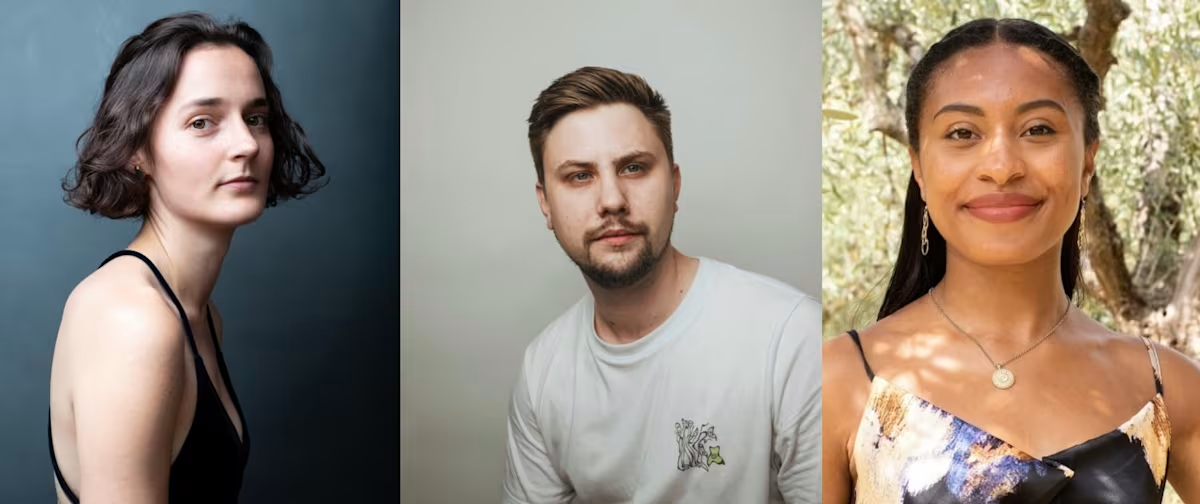
‘On stage, we will have some 50 people, including 7 players – a string quartet, continuo and percussion. I’m directing from the violin. There are 12 young singers who are just emerging. The auditions were quite extraordinary. We had more than 400 applications, which tells you something about the conditions young freelance singers are facing. We wanted singers who could go beyond their comfort zones, a cast who can shape-shift and sing several roles. And we have a youth chorus of 30.’ Dido will be sung by Camilla Seale, Aeneas by Sam Young, and Belinda by Jasmine Flicker.
After the summer dates, there will be time to go back to Norway, but the break from Britain will not be for long. ‘This year marks Barokksolistene’s 20th anniversary, so we are touring Germany and Norway in September and October.’ Bjarte explains. ‘And then, in November, I’m coming back to London to workshop with students at the Royal Academy of Music for three or four days and give concerts there.’
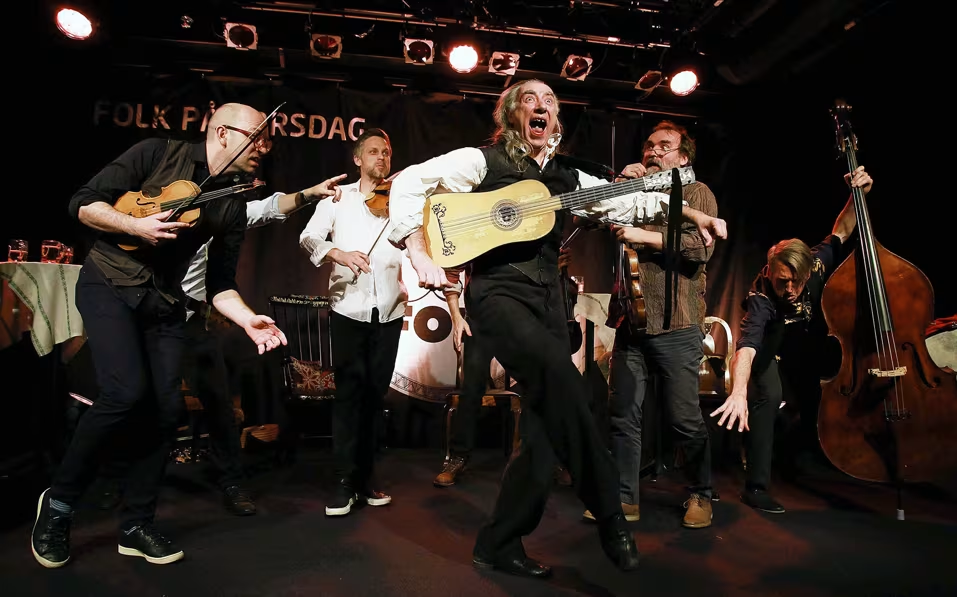
With their infectious dynamism, Bjarte Eike and his Barokksolistene have helped reshape how audiences experience Early Music today, injecting it with freshness, humour, and a deep sense of connection. So, here’s to another 20 years! Skål!
Catch Bjarte Eike and Barokksolistene this summer at the Longborough Festival (26 Jul - 2 Aug), in Edinburgh (4 Aug), Snape Maltings (6 Aug) and at the BBC Proms (8 Aug). Bjarte Eike and fellow band member Hans Knut Sveen will return in autumn for workshops and a performance at the Royal Academy of Music (2 Nov).
Share this
Keep reading
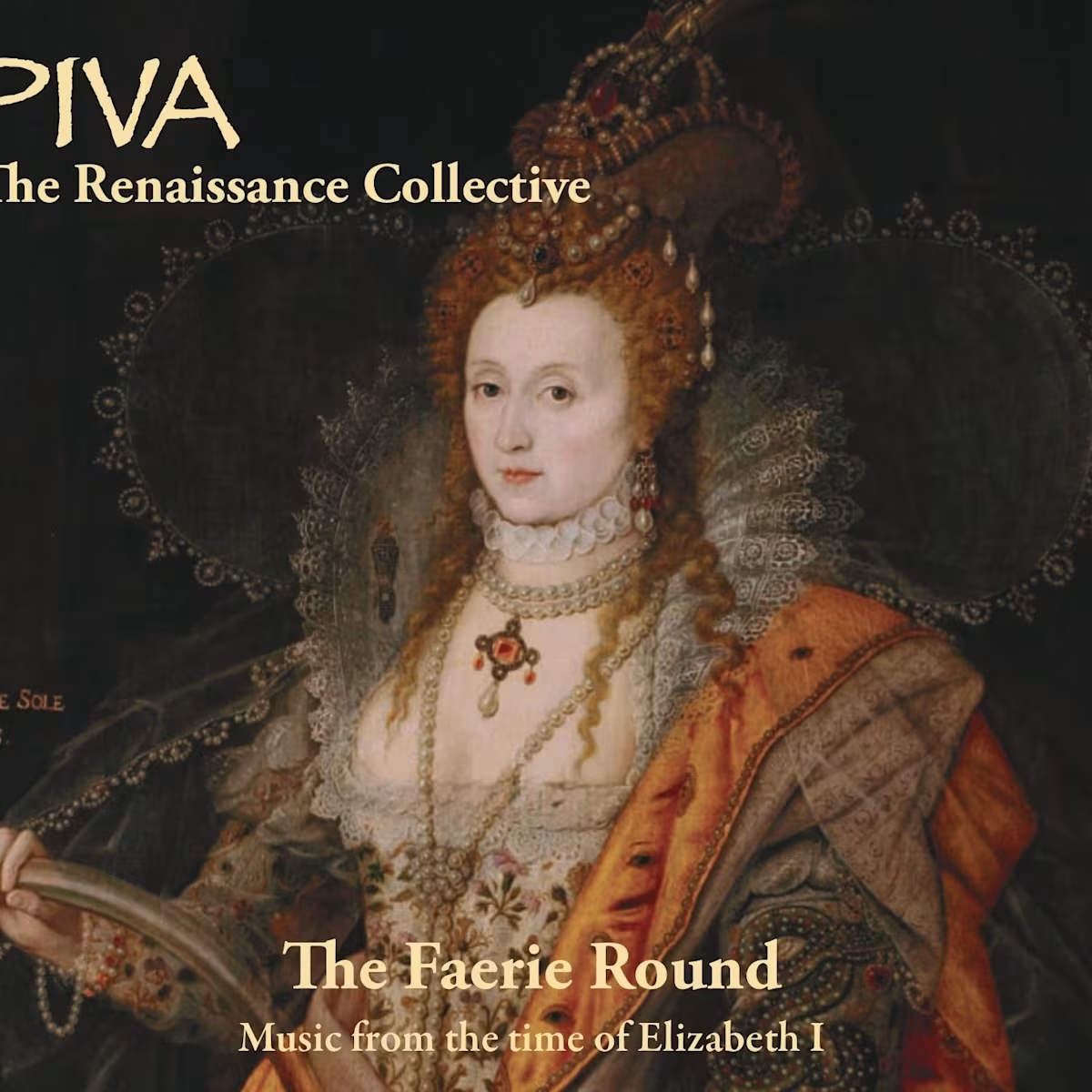
The Faerie Round: Music from the time of Elizabeth I
PIVA – The Renaissance Collective’s third album features dance and ballad music from late Elizabethan England.
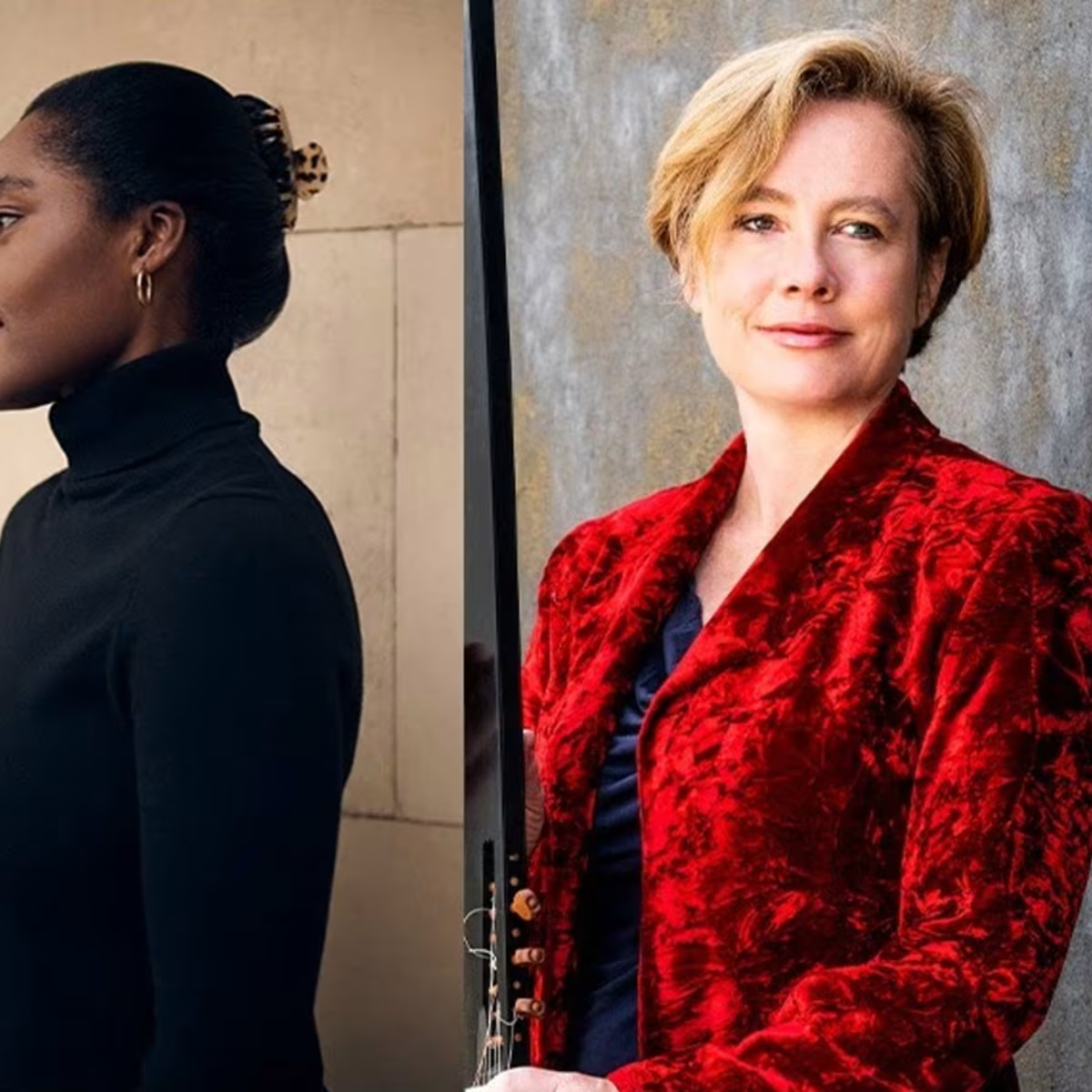
Nardus Williams & Elizabeth Kenny: The Four Humours | Wigmore Hall
The celebrated duo dive headlong into the world of the Four Humours, physical properties believed to govern human behaviour from ancient times until the 1850s.
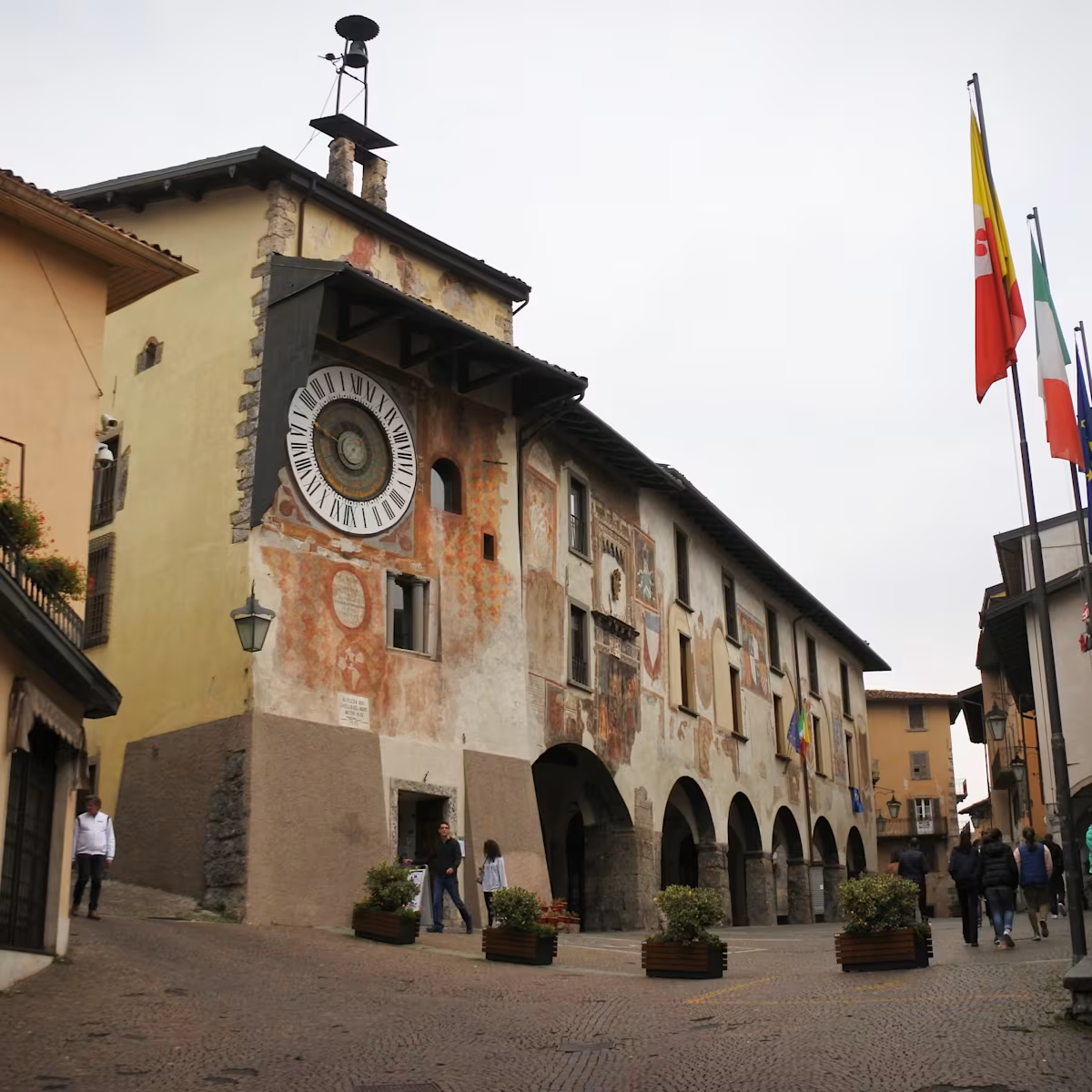
Legrenzi: A forgotten genius full of surprises
In the town of his birth, the Musica Mirabilis ‘Giovanni Legrenzi’ Festival revives the legacy of a composer who links Renaissance polyphony with Baroque drama.


